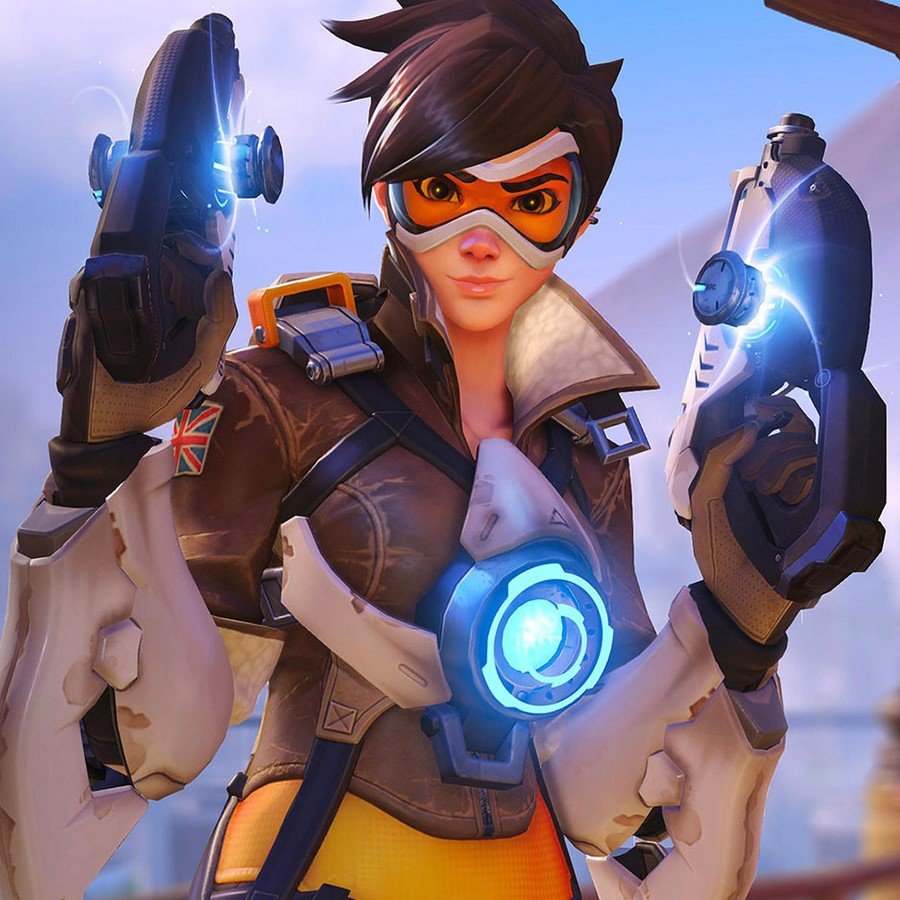Tips and tricks to survive Overwatch's competitive Season 15
Competitive Overwatch can be intimidating, but fear not: we have a guide to help.
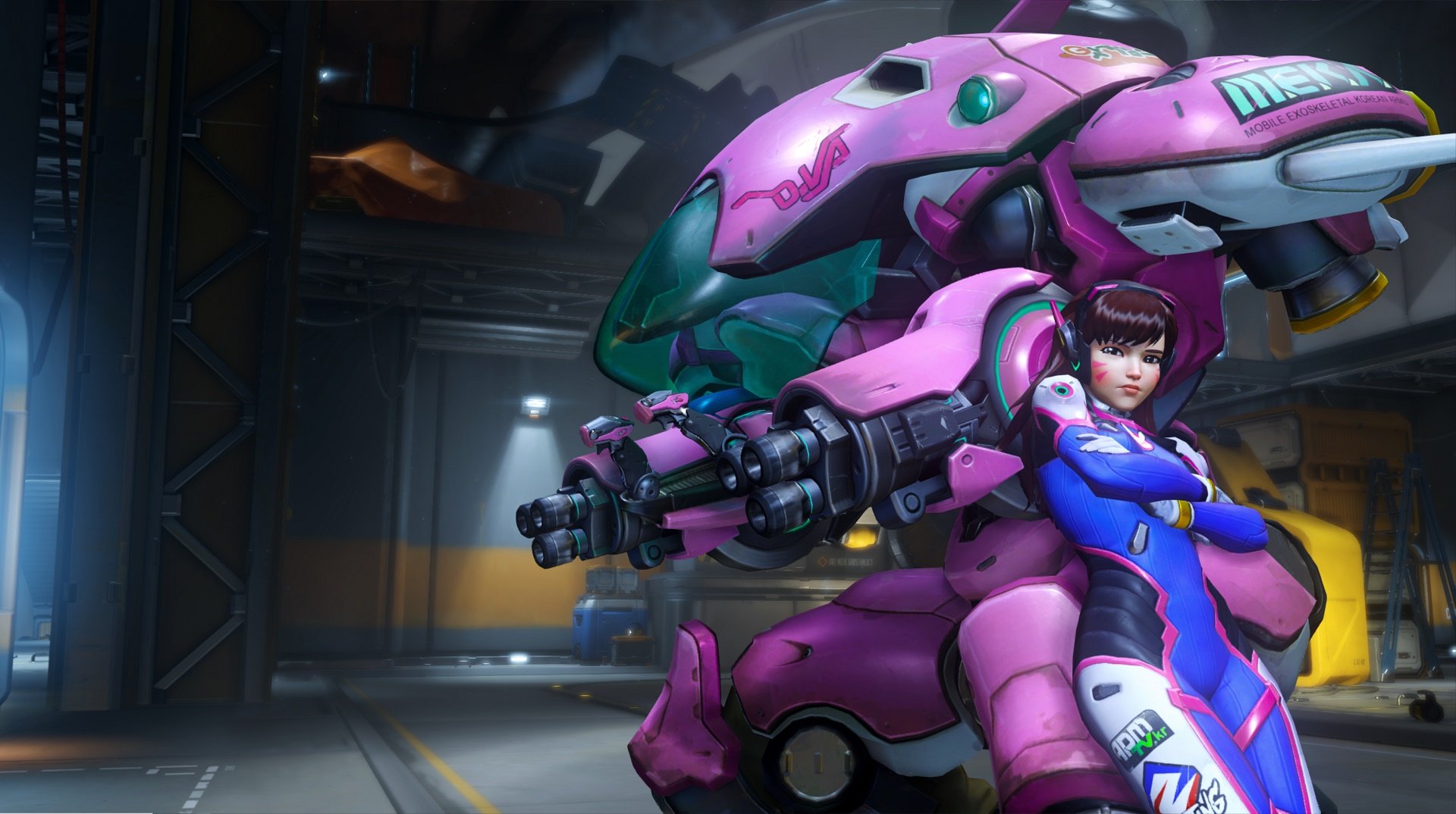
All the latest news, reviews, and guides for Windows and Xbox diehards.
You are now subscribed
Your newsletter sign-up was successful
Overwatch, Blizzard Entertainment's hit hero shooter, is expected to enter its fifteenth competitive season on Feb. 28, 2019, at 1 PM EST / 4 PM PST. The new season presents an opportunity for players to rise up in the ranking system, but Overwatch's competitive ladder is a fierce and challenging one to climb. Here are some tips and tricks that can help you survive and even thrive during Season 15.
Lower ranks: Choose your role, and what's a comp anyway?
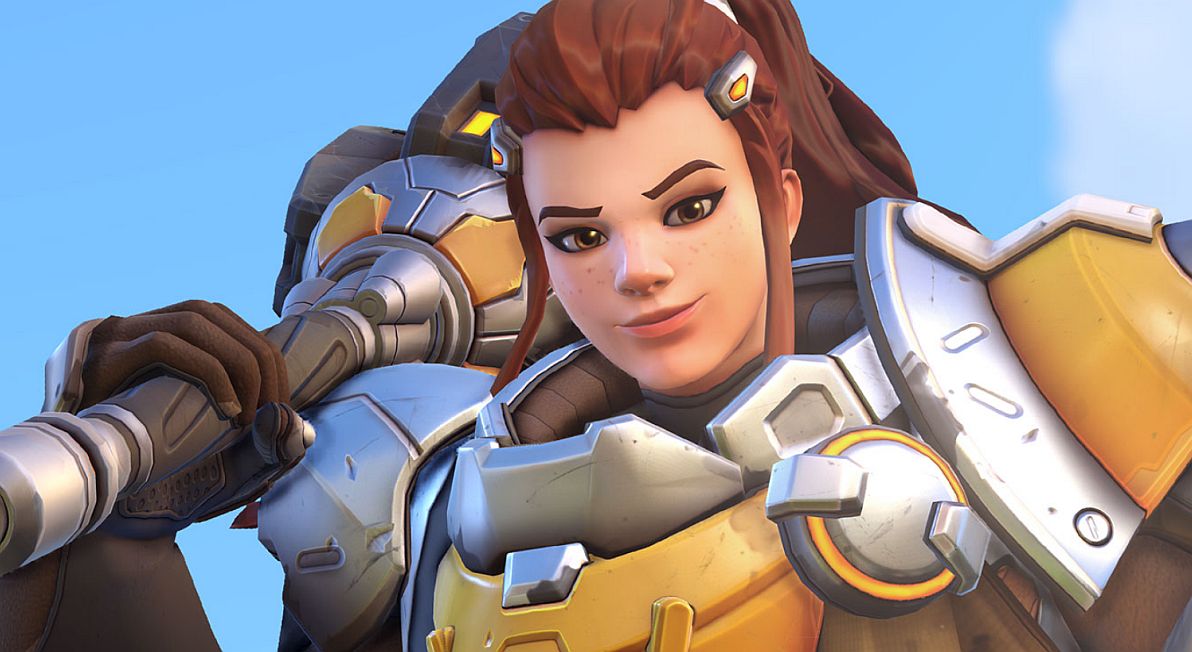
When you do your 10 placement matches at the beginning of the season, you'll be given a rank. This number, referred to as your Skill Rating (SR), will place you in a colored tier. You might get lucky and get a decent placement in Silver, but you also might end up in the dreaded Bronze tier, which is anything below 1,500 SR.
There's nothing wrong with getting a low placement. It just means you have to get better! However, you'll need to focus on a few key areas.
First of all, it pays to pick a role and stick with it. I would go into Quick Play and try out a number of characters to see what suits you best. Are you the kind of player who throws your character into the middle of the action, or do you prefer a supportive role? It's important to focus on a particular set of characters as you practice, so you can become a master of one thing instead of a jack of all trades.
However, the key to lower ranks is still flexibility. You'll often be playing with people who don't yet understand the importance of coordination, or who are also trying to figure out their place. That's why it's important to have a character you "main," or primarily use, but to know similar characters that can fill different roles. For example, know how to use both Lucio and Mercy if you focus on support since both are great healers that have advantages with different strategies. It also pays to know a couple of classes, especially tank or support, since sometimes these are in short supply in lower tiers. Don't be afraid to change characters during a round if something doesn't seem to be working.

Next, you need to practice communicating with a team. This can be challenging at first, especially if you're not used to chatting up strangers online. It can also be intimidating because, despite Blizzard's best efforts, toxic people still clog up the servers. You don't need to make friends, but it pays to coordinate a good lineup (so you don't focus too hard on one type of character) and issue call-outs when needed. Call-outs are short phrases that convey information to allies. Examples of this include telling your teammates when a specific enemy player is about to die so that you can focus fire them, letting everyone know that you'll have your ultimate in the next fight, or trying to warn the team of a previously-unseen threat.
Finally, you need to understand comps (a term for team composition). A good beginner team usually has two supports, two tanks, and two damage characters. If you're playing with strangers and don't have good team coordination yet, it helps to have a varied team to cover all your bases. For example, if your team has a high-damage character like Pharah already and you're playing the other damage character, maybe try a hero that deals aimed damage like Soldier 76, or a close-range flanker like Tracer. Over time, you'll learn cool combinations with your teammates and which characters work better against others.
All the latest news, reviews, and guides for Windows and Xbox diehards.
Still having trouble getting beyond the lowest Bronze ranks? Try watching higher-ranked streamers on Twitch or Overwatch League for tips. Then, read the Patch Notes Blizzard releases regularly and check in on Reddit and the Blizzard forums to see how those changes might affect gameplay. Keeping up with the game's changes and paying attention to conversations in the competitive space can help you understand what comps might be in season and how people are countering them.
Higher ranks: Role mastery, knowledge, and callouts
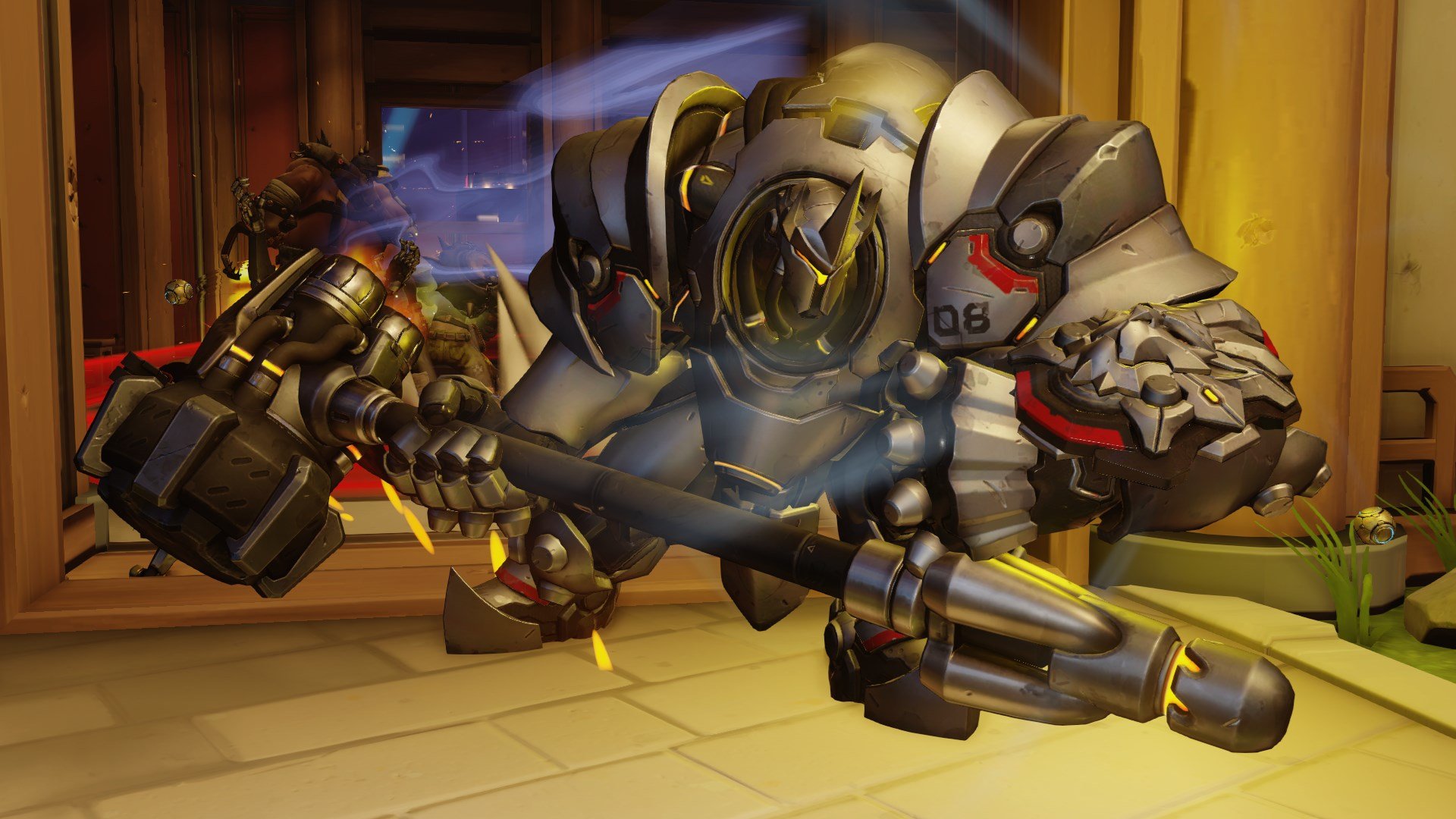
So, you've made it past the lower ranks and you're in the higher tiers of the ladder, like Platinum or Diamond. What's next?
While having great aim and decent game sense is what got you to this tier, you're going to need to work even harder to climb the ladder further. Specifically, three things are more important than anything else: mastering a role; having a strong understanding of heroes and maps, and communicating specific pieces of information.
Whichever role (damage, tank, support) you played the most while down in the lower ranks is the one that you should aim to fully master in the higher ones. This is because you've already spent a lot of time learning where you fit into the team and what your job is, and at these ranks, other players will be just as experienced as you are.
Mastering a role is difficult, but with practice, you'll come to learn how most heroes in your pool operate and how to utilize them efficiently. Tank players should always be looking for ways to protect their teammates and make space for them, whilst also taking as little damage as possible themselves. Supports have to use good positioning and movement to make themselves harder to attack, and damage dealers should focus on honing their aim and using the space that tank players create for them. Unfortunately, there's no specific tip we can give for this — it can only be learned through practice.
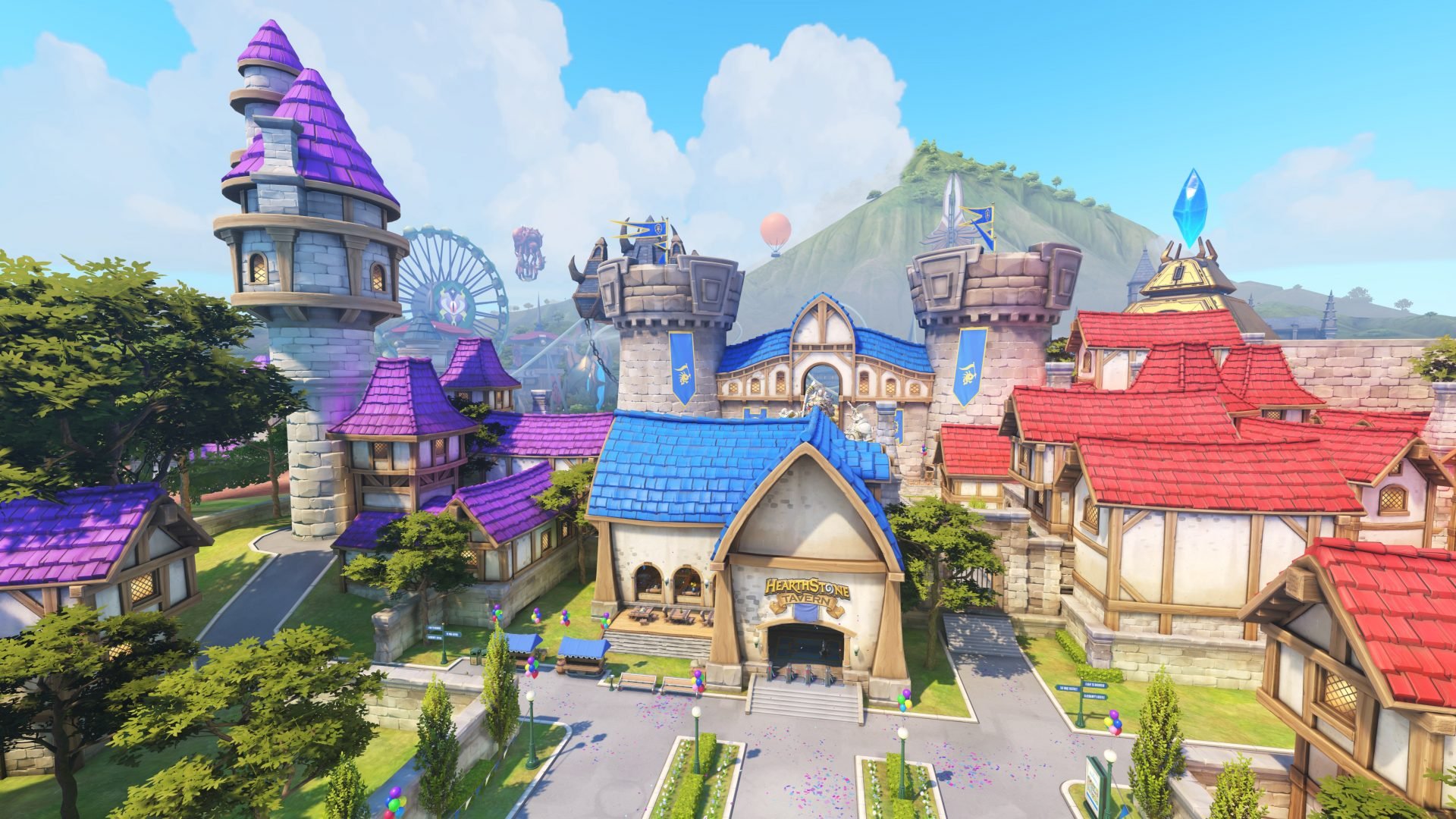
Another critical aspect of improving your skills is understanding the DNA of Overwatch itself. Overwatch's maps and heroes are chock-full of depth and complexity, but committing things like health pack locations, ability cooldowns, and ultimate charge rates to memory can often be the difference between winning a fight or losing one. For instance, if you're playing against an enemy Zarya and you've seen that she's been doing plenty of damage recently, you can expect a Graviton Surge from her in the near future. Telling your teammates about this and having everyone spread out may just be the difference maker, and you wouldn't know to say this if you weren't paying attention to how much damage the Zarya was doing.
Once you have a firm grasp of Overwatch's depth, you'll then need to apply it in your gameplay. This is when making callouts to teammates, like in the above example with Zarya, becomes crucial. While basic team coordination is enough to win in the lower tiers, you're going to need to be more advanced in your communication at higher levels.
What to know about Season 15
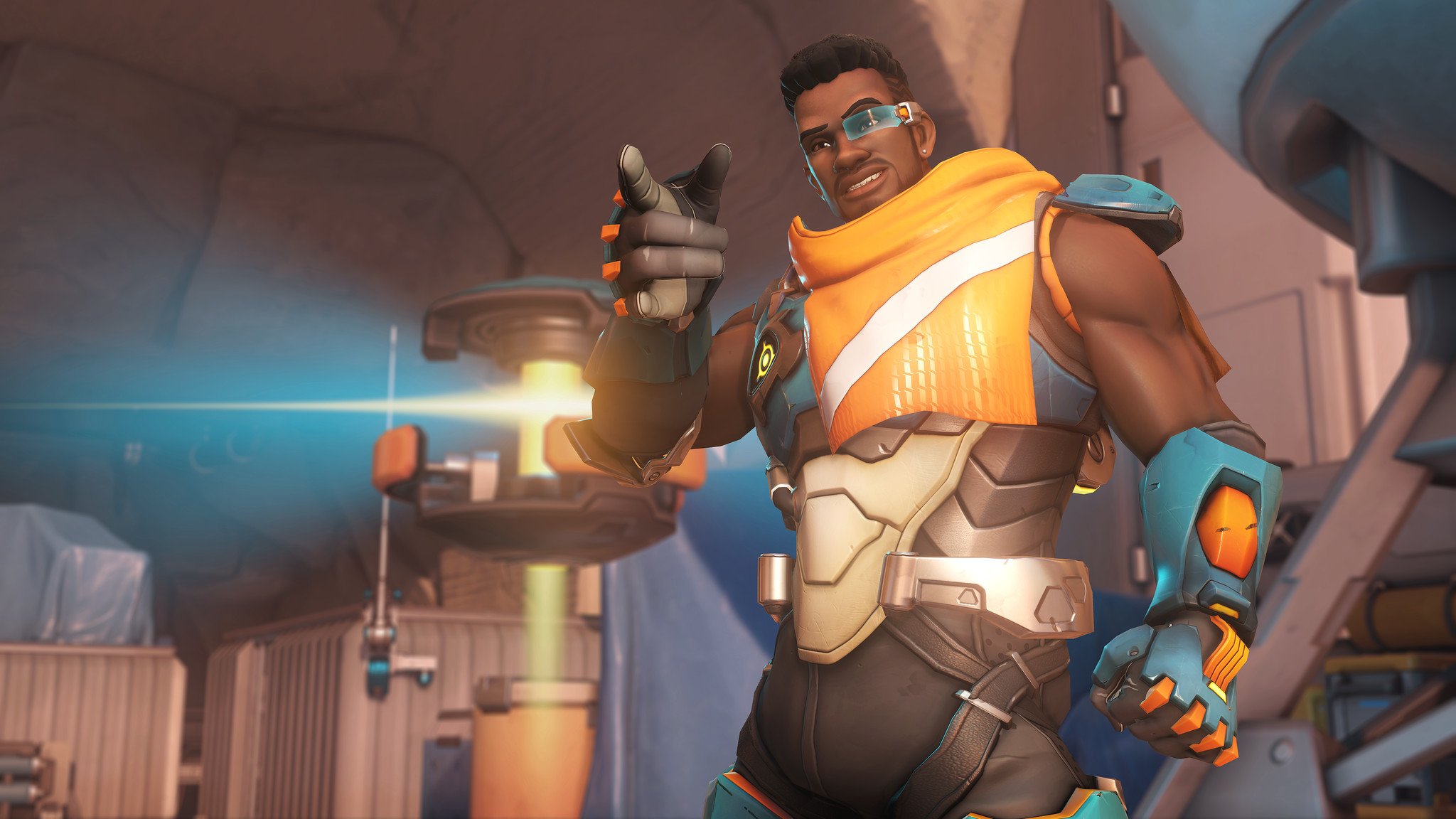
Season 15 will be one of the most interesting seasons of competitive Overwatch has ever had. With the new long-range support hero Baptiste on the horizon and several balance changes looking to go live soon after the season begins, nobody knows exactly what the strongest strategies and heroes will be just yet. However, we can make predictions based on the general state of the game right now.
Most likely, the infamous triple-tank, triple-support brawling composition known as GOATS (based on the team who invented it) will be the strongest strategy in the game. This means that Reinhardt, Zarya, D.Va, Zenyatta, Lucio, and Brigitte are all heroes you should try learning during Season 15. However, on open maps, this composition is weaker and more exploitable. Specifically, heroes that are either very mobile or more effective at long range will find success against the GOATS strategy in these scenarios. For that reason, Winston, Wrecking Ball, Genji, Bastion, Pharah, Ana, and the new hero Baptiste are great heroes to learn as well so that you can effectively fight GOATS when it's played on these maps.
Your thoughts
What do you think of Overwatch so far? Are you going to play competitively this season? Let us know.
Overwatch is available now on Xbox One, PlayStation 4, and PC.

Brendan Lowry is a Windows Central writer and Oakland University graduate with a burning passion for video games, of which he's been an avid fan since childhood. He's been writing for Team WC since the summer of 2017, and you'll find him doing news, editorials, reviews, and general coverage on everything gaming, Xbox, and Windows PC. His favorite game of all time is probably NieR: Automata, though Elden Ring, Fallout: New Vegas, and Team Fortress 2 are in the running, too. When he's not writing or gaming, there's a good chance he's either watching an interesting new movie or TV show or actually going outside for once. Follow him on X (Twitter).
